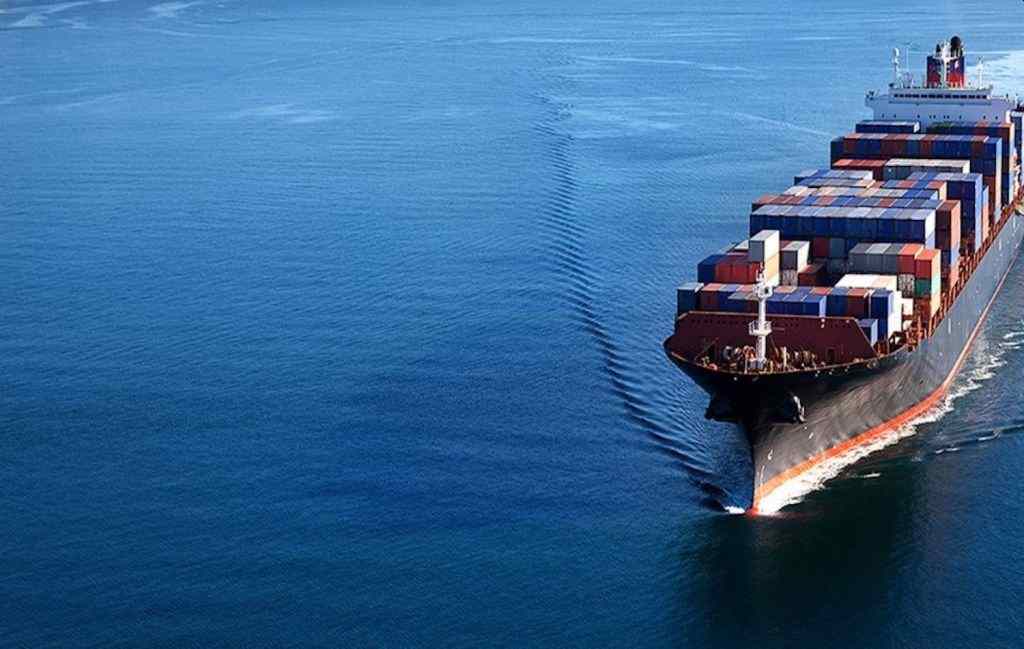Greek ship-owners were once more the key players in 2023, regarding investments in modern and more environmentally friendly ships, whether they were newly built or “second-hand” ships.
According to a study by the shipping research company Allied Shipbroking on behalf of the newspaper Ta Nea, Greek ship-owners took advantage of this opportunity to dispose older ships and from their profit to acquire newer ones.
Despite that 2023 was an adventurous and unpredictable year for the shipping industry, Greece remained the most important player in the second hand market of the shipping sector.
On an annual basis, the number of dry bulk carriers and tankers represented the same percentage of the total number of vessels sold, approximately 43% and 41% respectively the study found out.
Foreign ship-owners from Turkey and the United Arab Emirates, displayed a strong presence in the market as buyers, mainly for tankers. Both also recorded an increase in their fleet.
In the case of Greece, there was an increased focus on bulk carriers and tanker purchases. Greek ship-owners transferred 253 ships (254 in 2022) to a global fleet transaction a total of 1,600 ships (1,742 in 2022).
In particular in 2023, 118 dry bulk carriers were sold (113 in 2022) and 116 tankers (113 in 2022). On the other hand, 154 bulkers were bought (137 in 2022) and just 46 tankers (119 in 2022).
Buying sentiment was strong amongst Greek ship-owners, with purchases of dry bulk vessels accounting for nearly 75% of the vessels purchased across the four shipping industries.
On the tanker side, Greek ship-owners took the opportunity to reduce their fleet, which led to the number of ships sold exceeding the number of ships bought by 2.5 times.
The most active byers were the Turkish and UAE ship-owners in these segments, although they also recorded sales (about half the number of ships bought).
In terms of newly build ships, Greek ship-owners where a key figure for another year, placing orders for 165 ships against 123 ships in 2022, focusing on tankers (93 ships in contrast to 27 in 2022) and dry bulk carriers (51 ships in contrast to 37 in 2022).
Japanese ship-owners followed, while Chinese ship-owners dropped this year compared to last year.
Greek buyers appear to have made the most out of the money acquired from second hand ship sales and are at the top of the list for both the number of dry bulk vessels and the number of tankers they have ordered in 2023.
The Chinese dominated the shipyard sector in 2023 accounting for an even larger proportion of the number of ships ordered in 2023.
Some 720 orders of ships were placed out of a total of 1,101, while in 2022 Chinese shipyards received orders for 582 ships out of a total of 1,178 orders.



